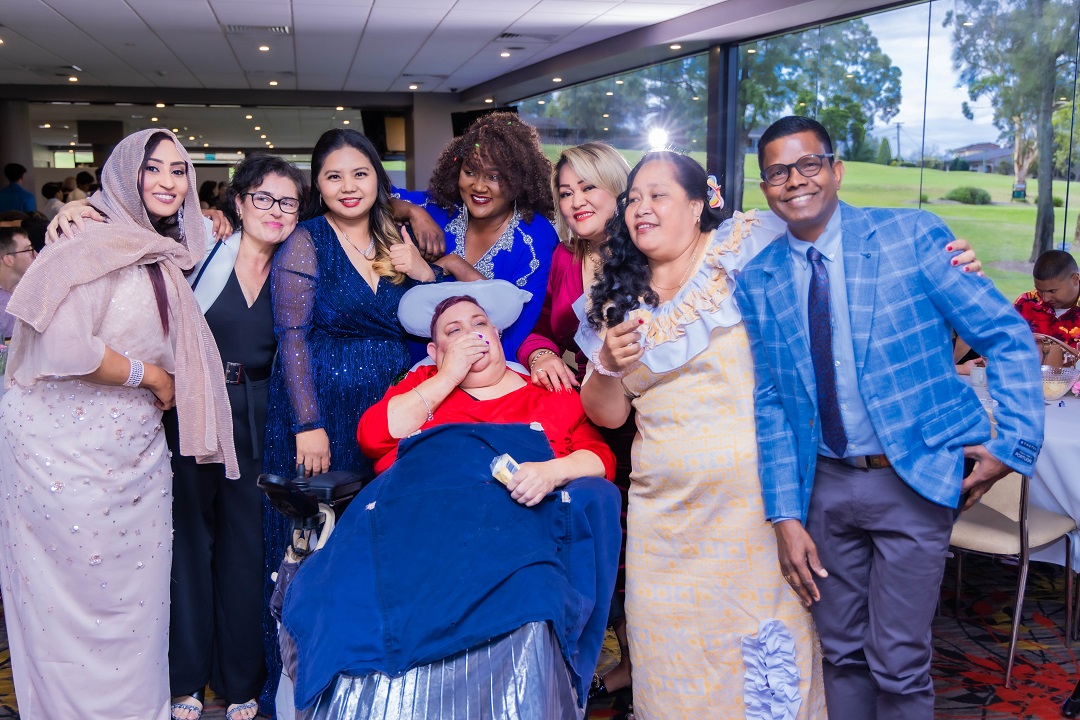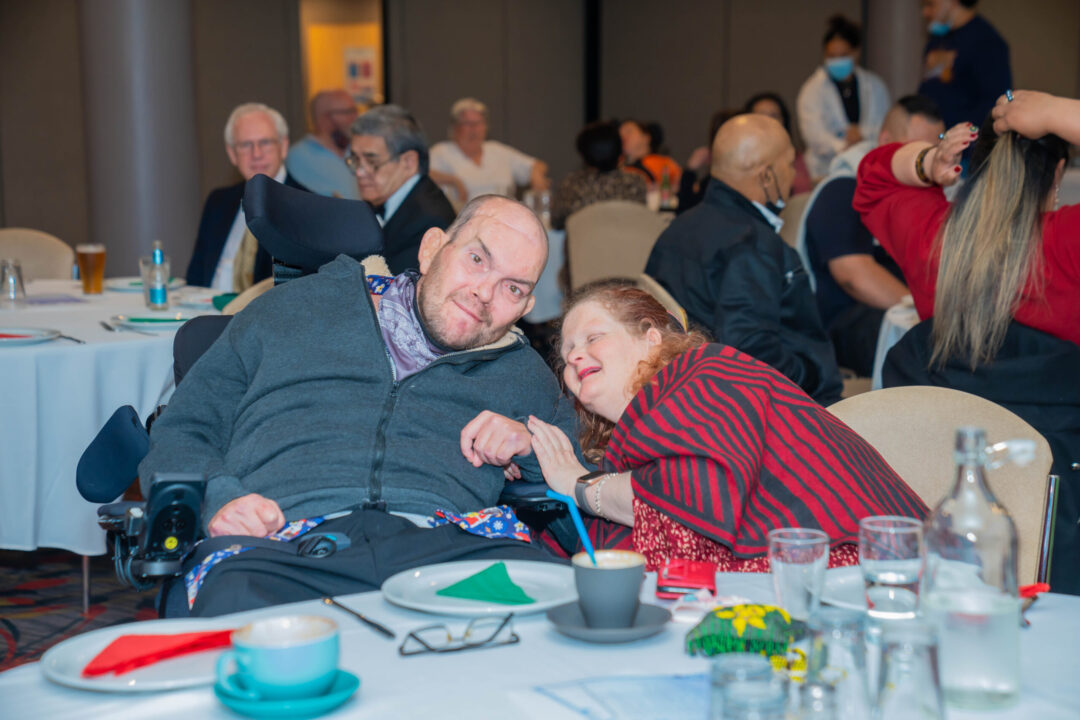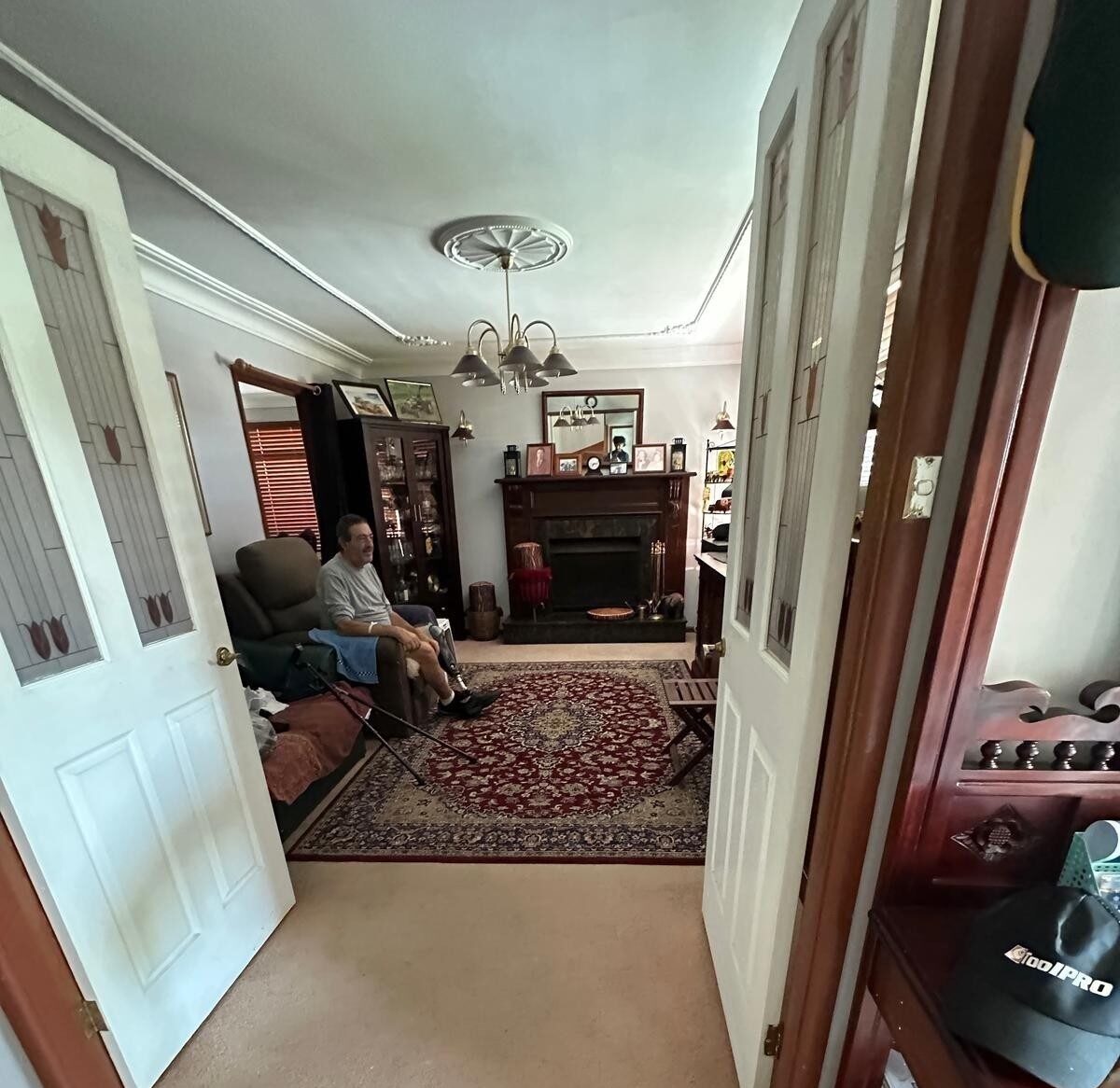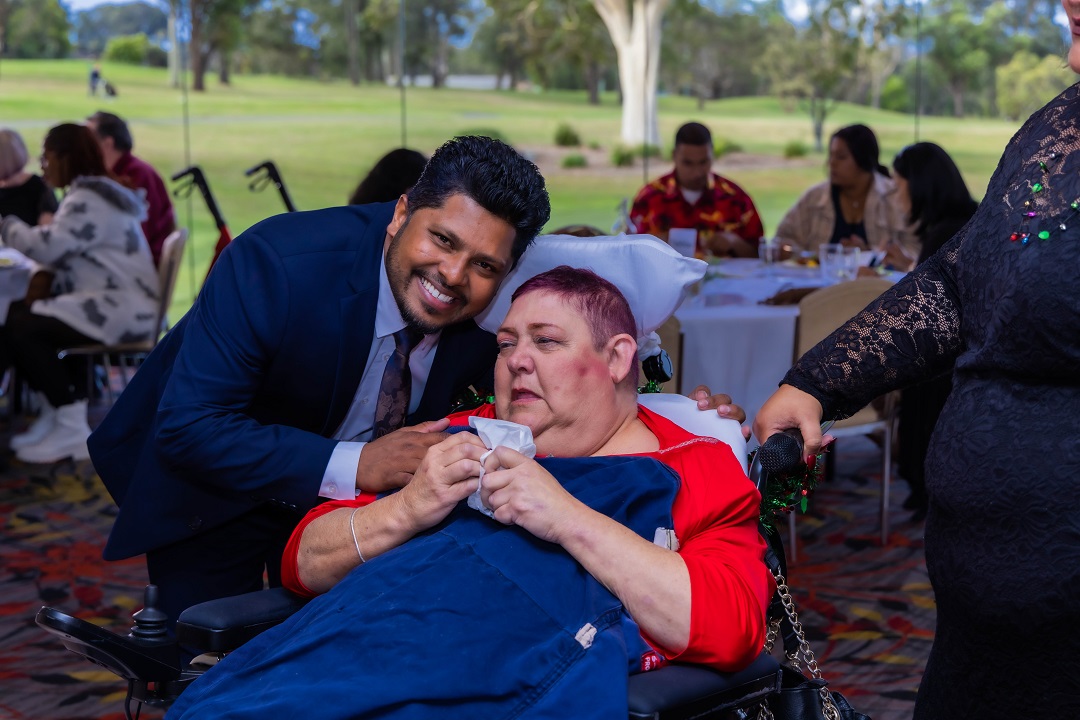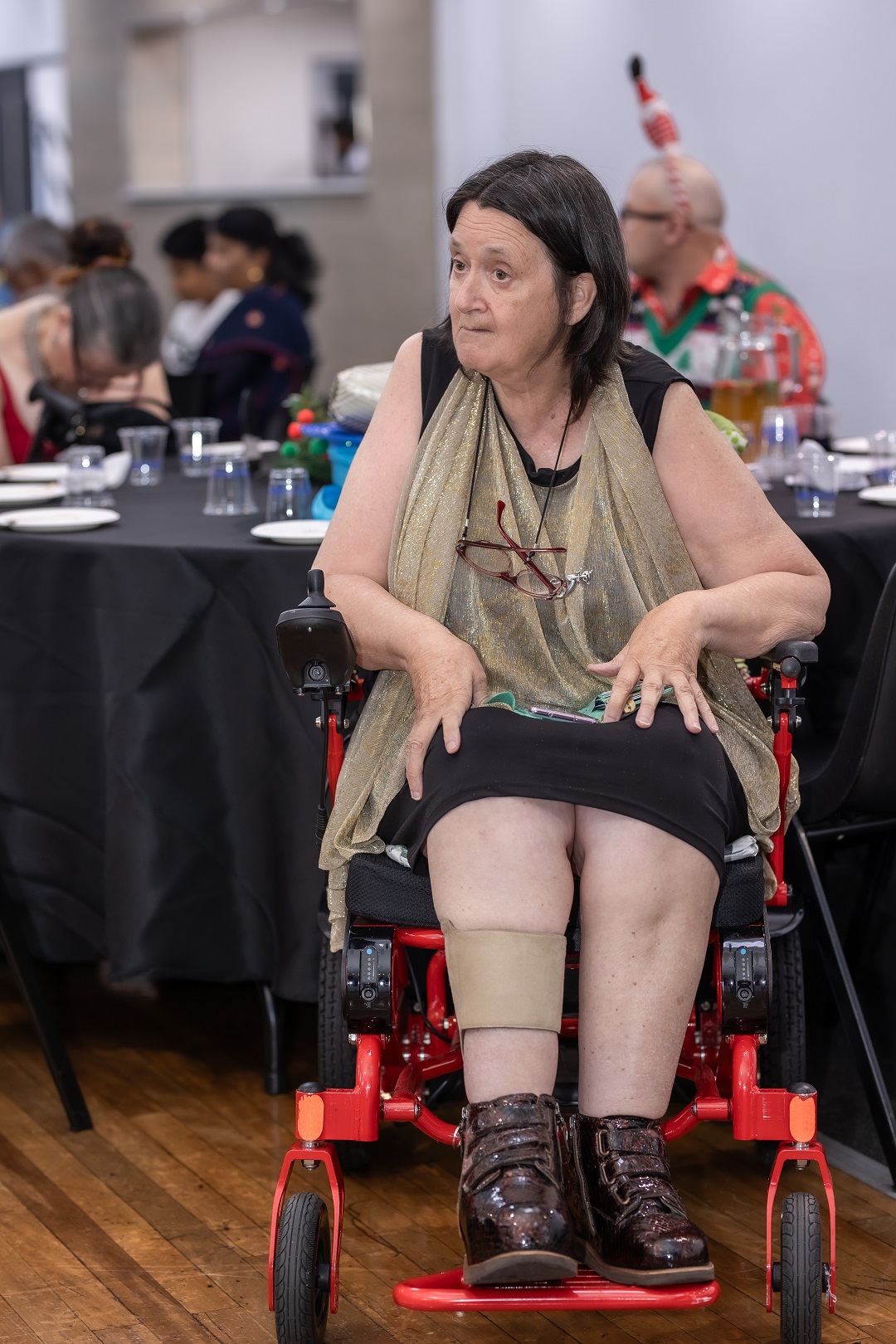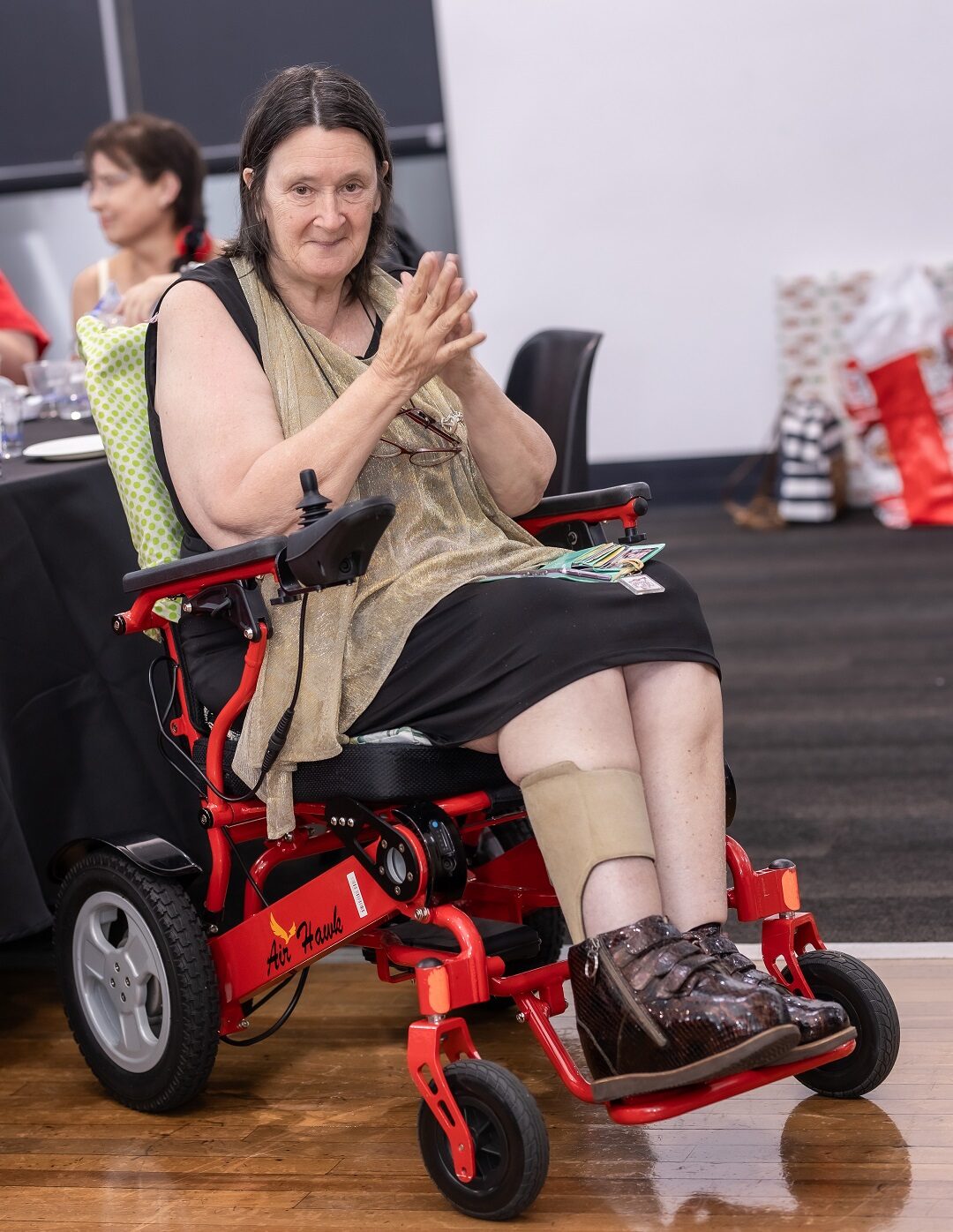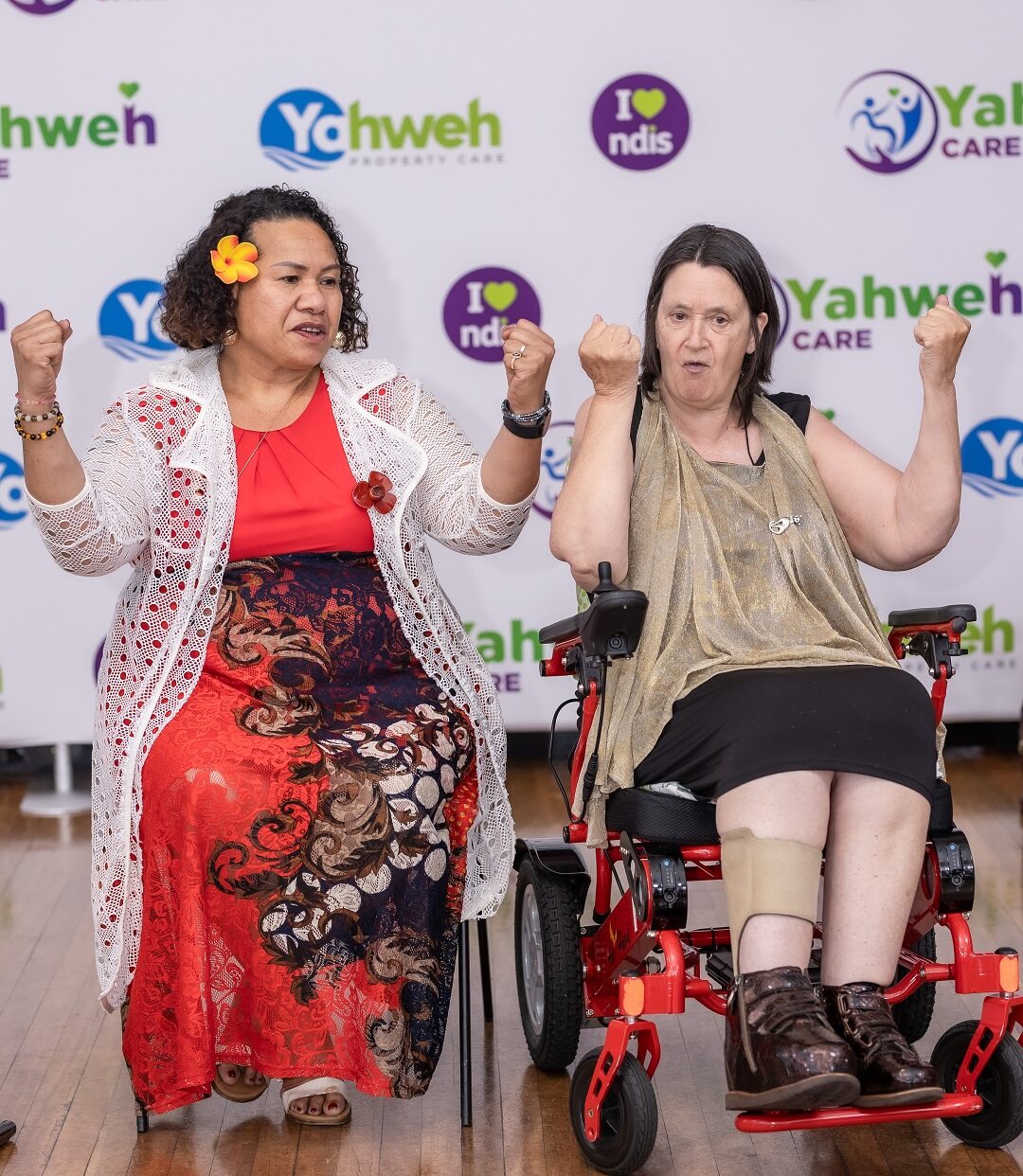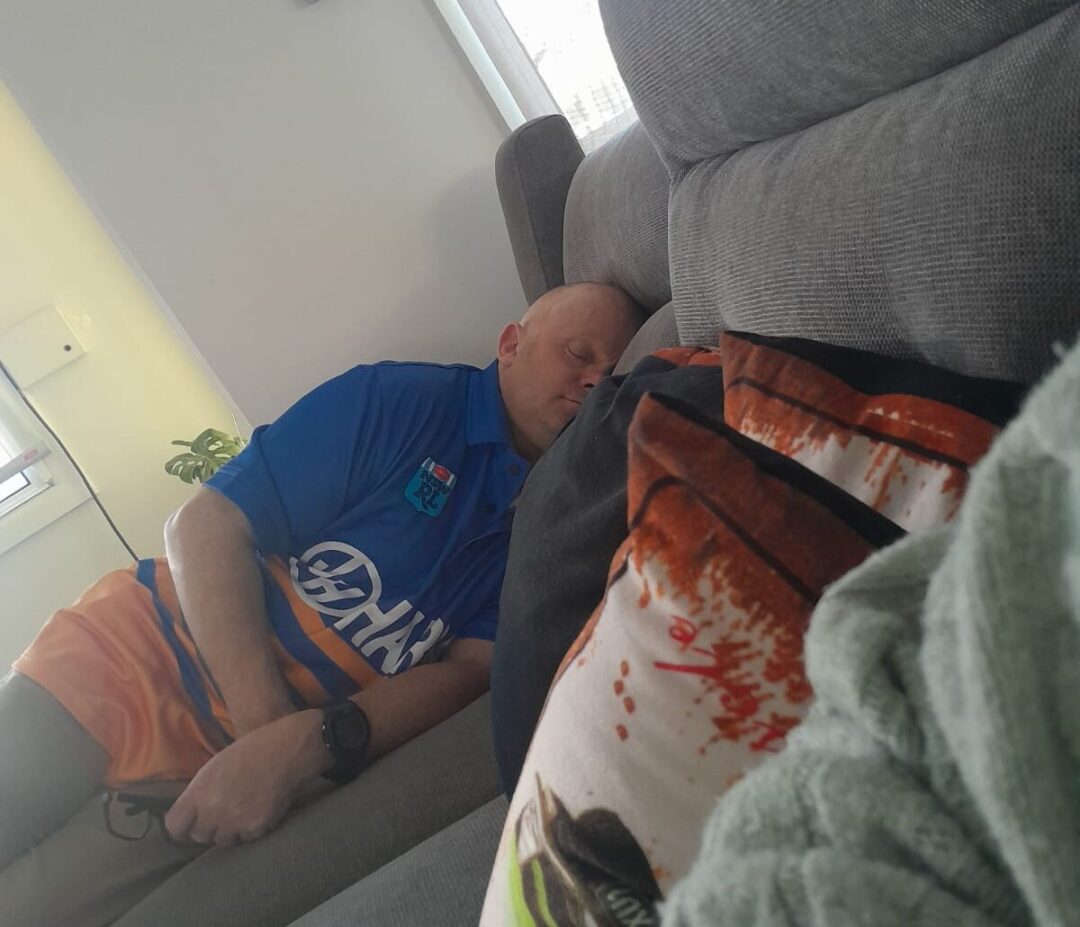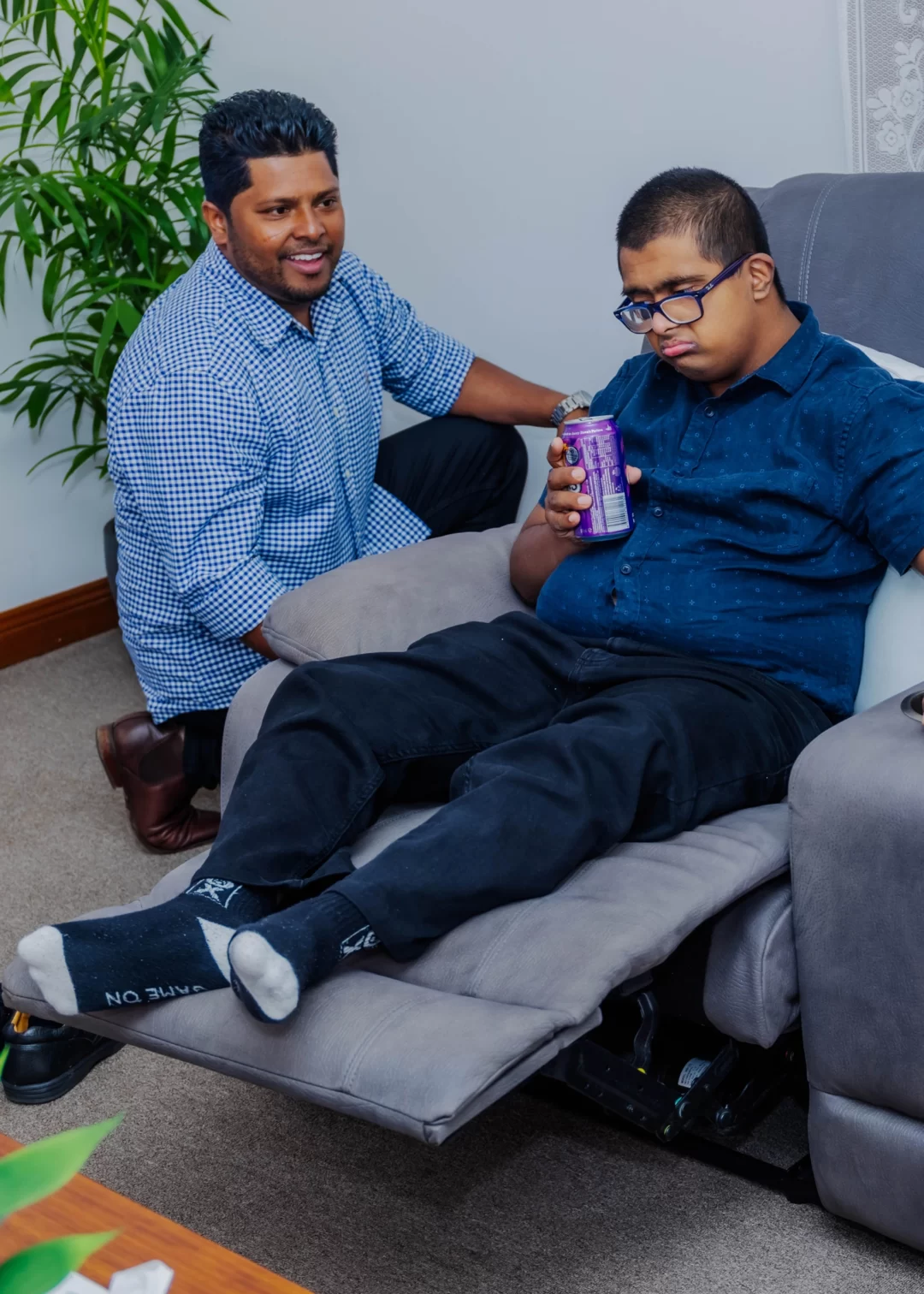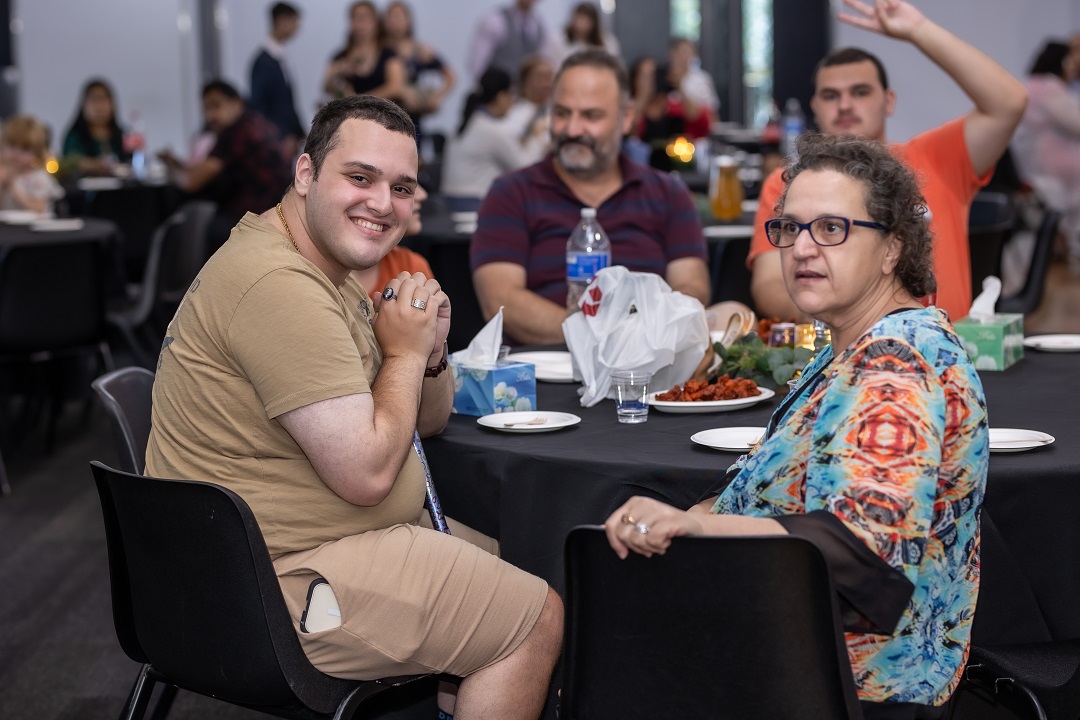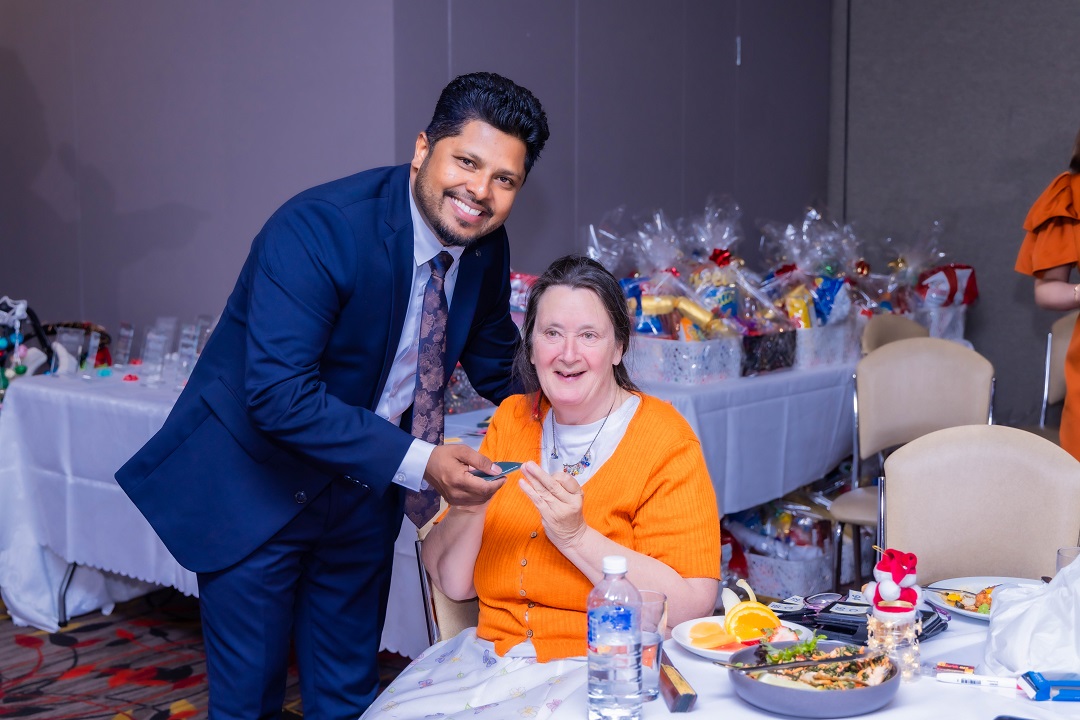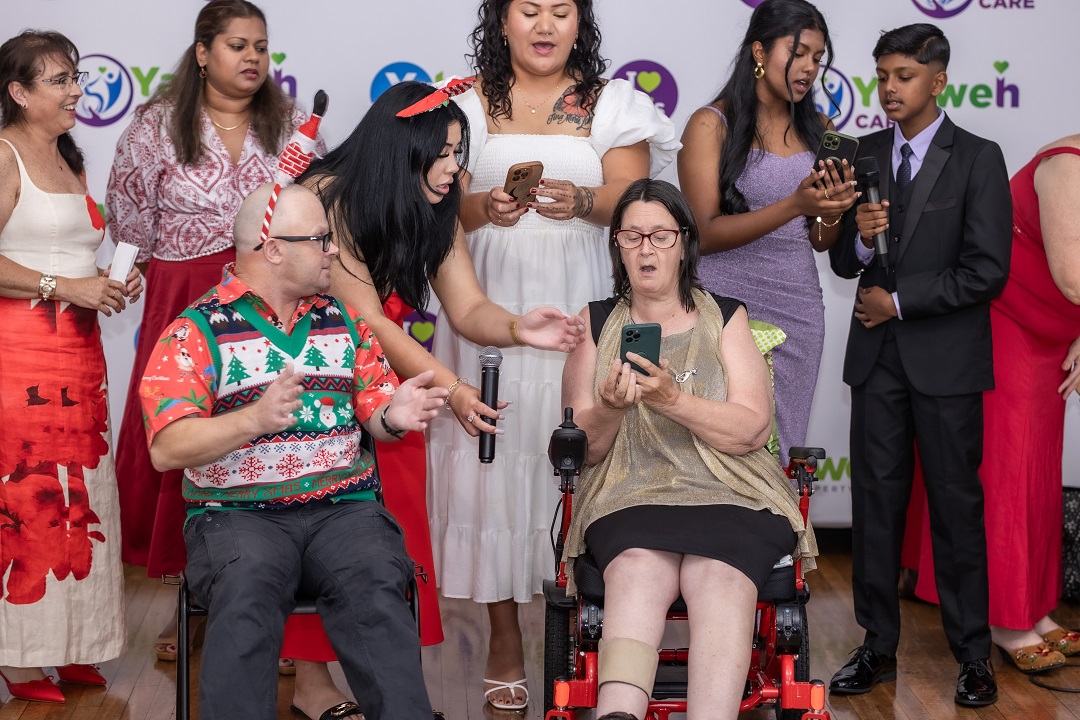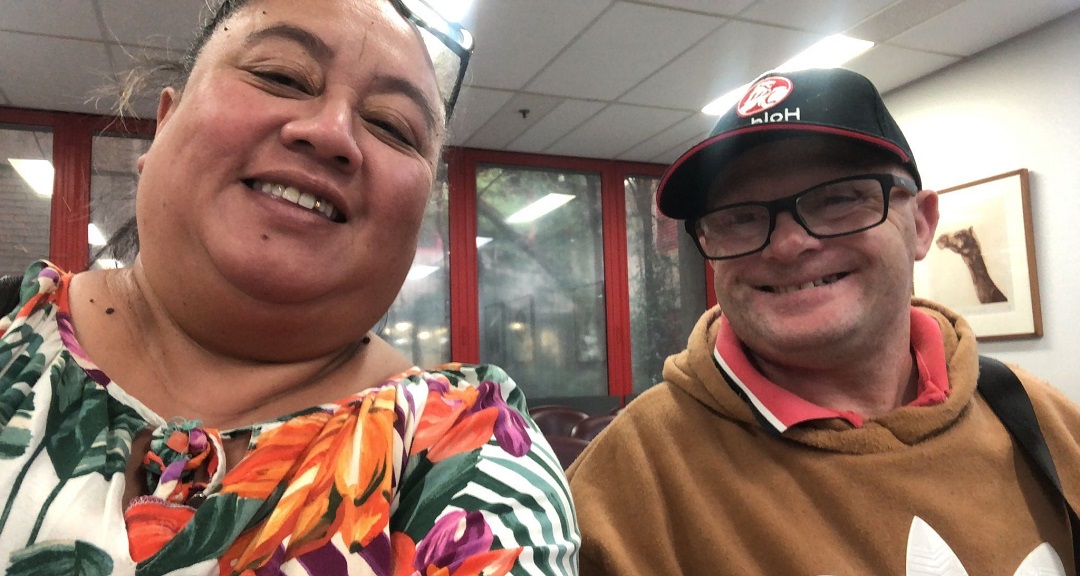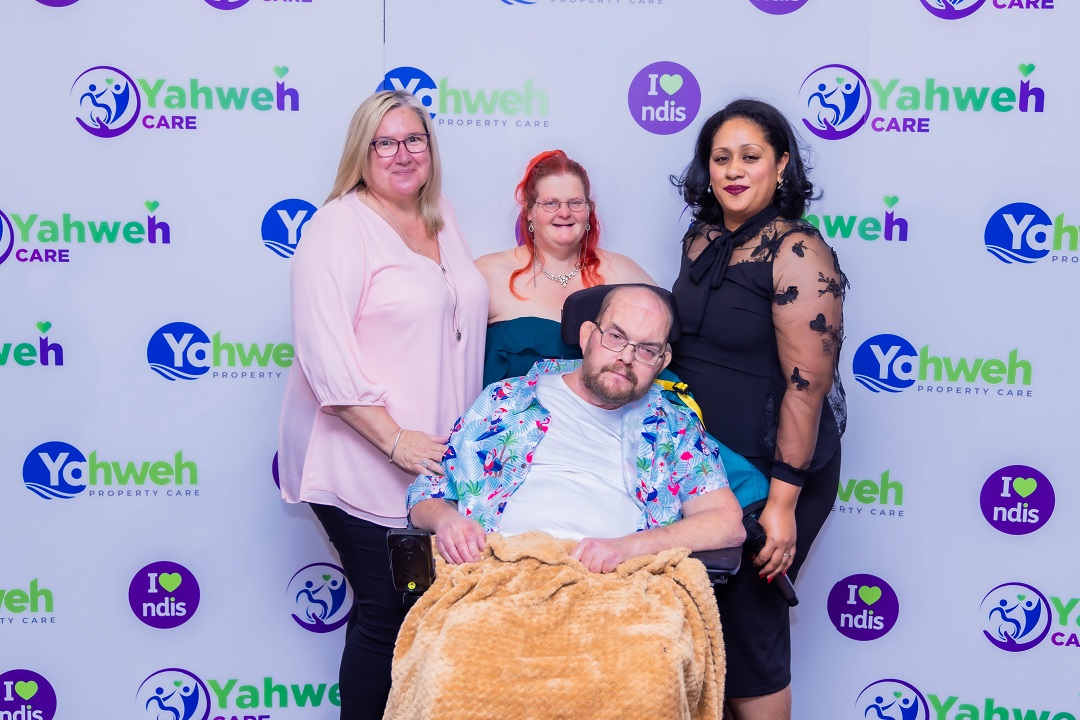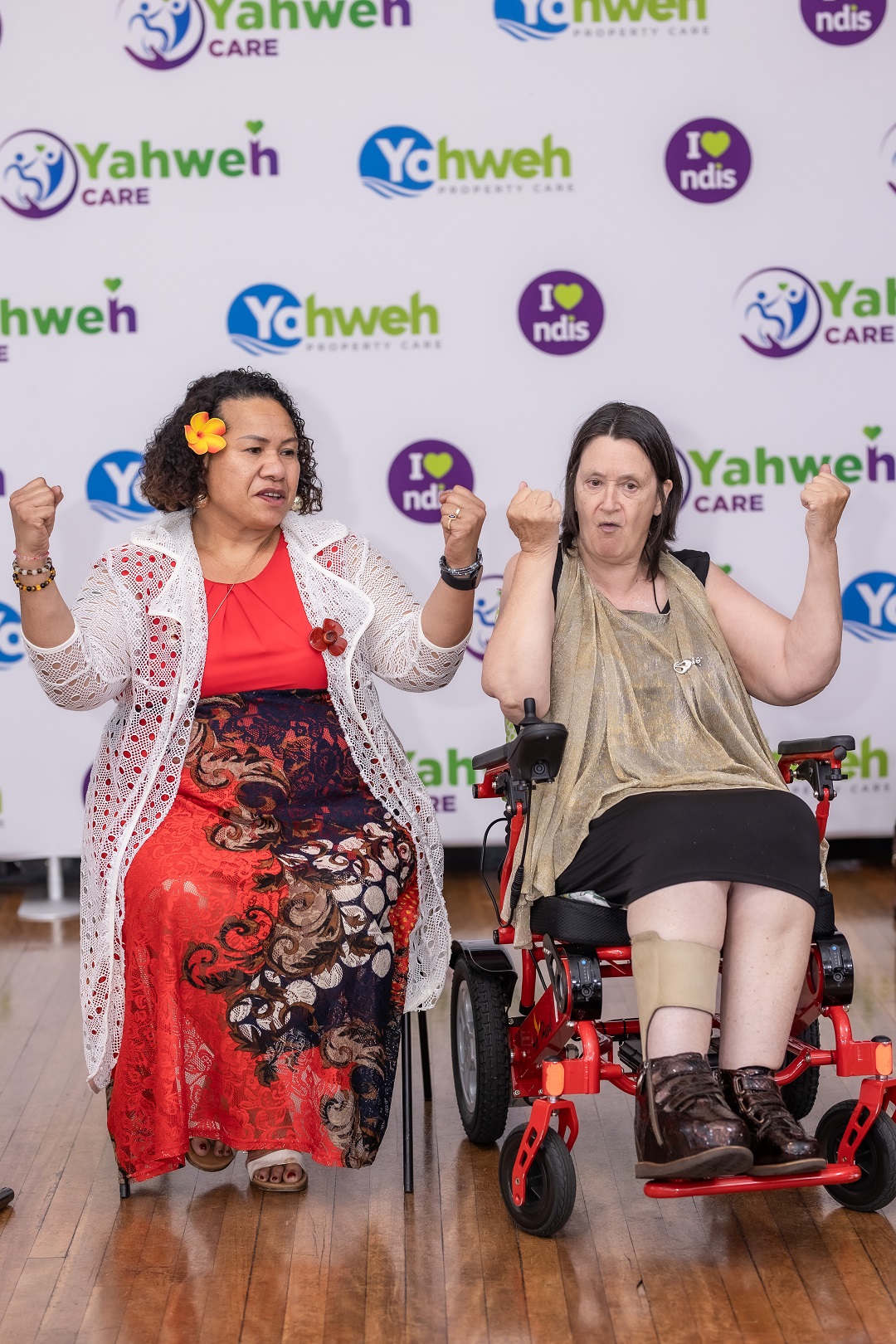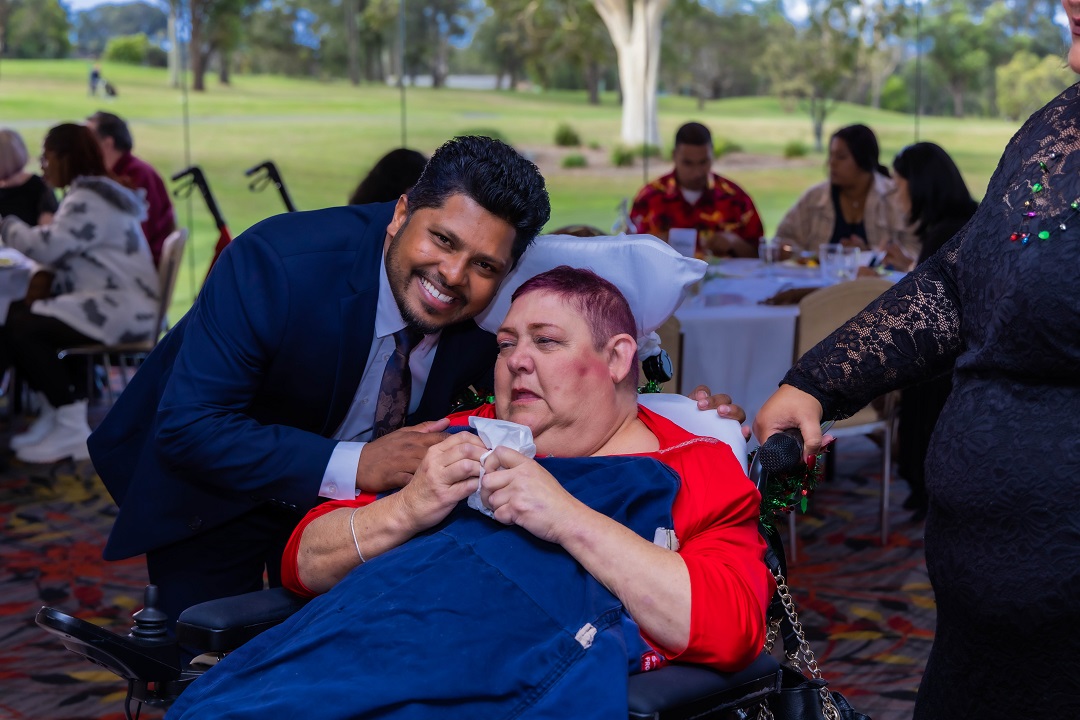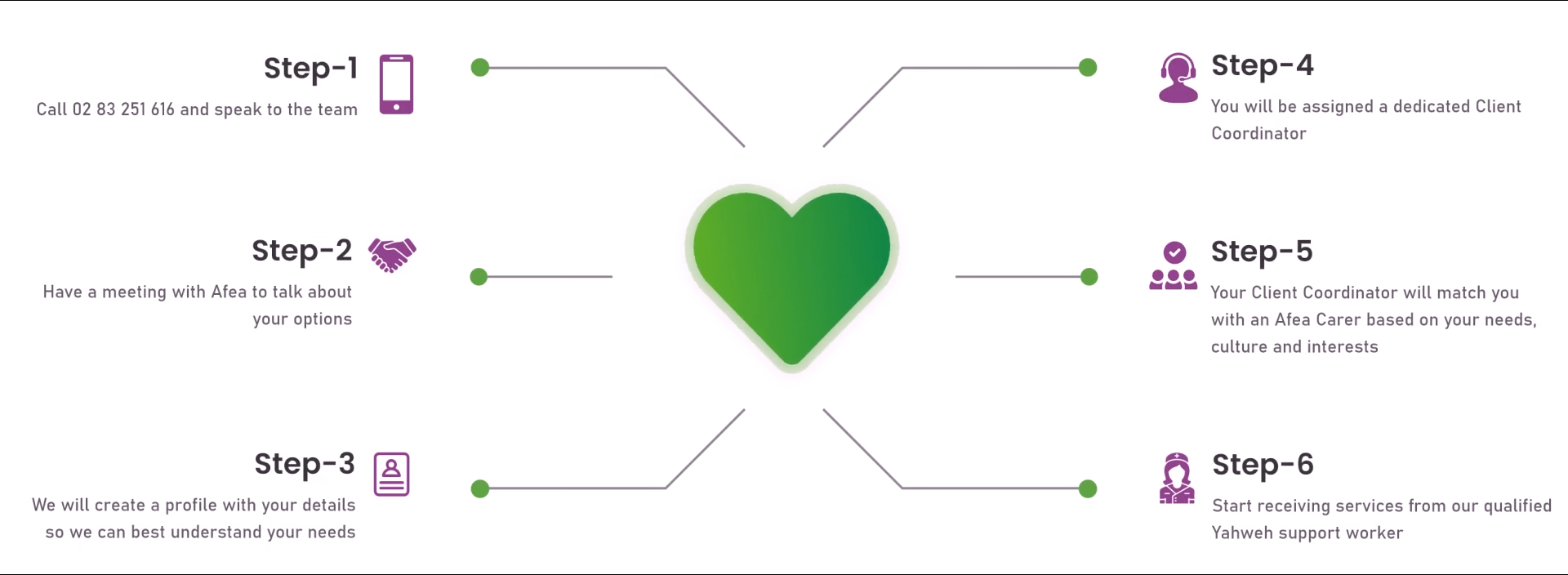One key part of the NDIS (National Disability Insurance Scheme) is behaviour support and therapy. The funding aims to help people with disability live more independently and safely.
What Is Behaviour Support?
Behaviour support is about understanding why you sometimes show challenging behaviours and helping you change those safely and respectfully. It focuses on building skills and creating better routines.
Challenging behaviours can include aggression, self-harm, or refusal to follow rules. These often happen when you feel overwhelmed, misunderstood, or don’t have the tools to express yourself.
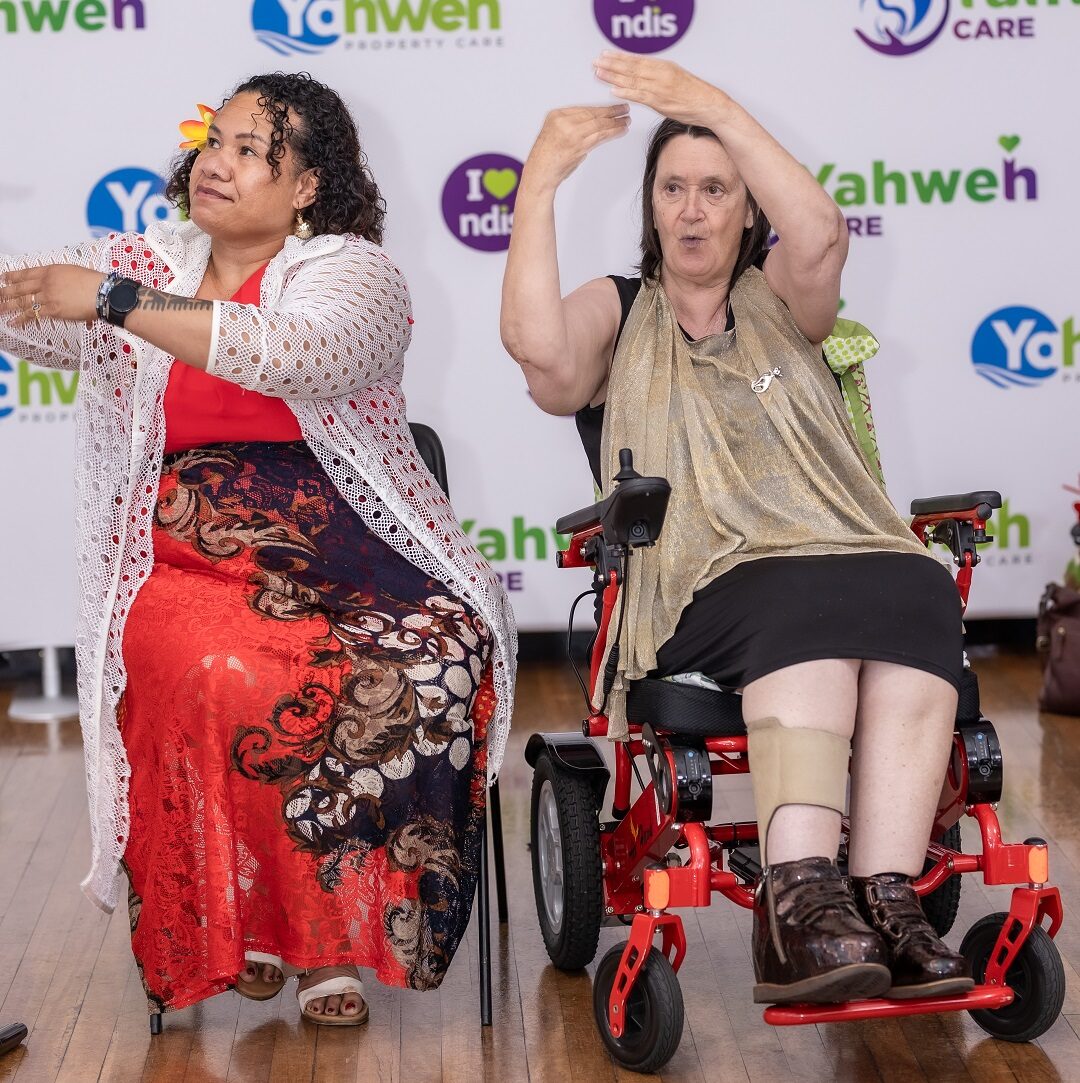
How NDIS Can Help
The NDIS funds behaviour support and therapy when it’s reasonable and necessary. A specialist called a Behaviour Support Practitioner delivers this support. They work with you, your family, carers, and support workers.
Here’s what they usually do:
Get To Know You and Understand Your Needs
The practitioner takes the time to really learn about you. These professionals focus on your personality, and know what you like and don’t like. They try to learn how you communicate, and figure out what’s important to you.
There’s the understanding that it is not just about your behaviours, but “you” as a whole person.
This might involve talking with you, your family, carers, or support workers. They might observe how you go about your day. The goal is to see what’s working well, what’s causing your stress or frustration, and what support you might need to feel more comfortable, safe, and in control of your life.
By doing this, the practitioner can create a useful support plan that’s based on your real needs, not just assumptions.
Write A Plan for Behaviours of Concern
Writing a Behaviour Support and Therapy Plan is a big part of the support under the NDIS. To put it simply, it’s about creating a practical guide to help you address behaviours you may be dealing with. It aims to make you feel safe, understood, and supported, especially when you are showing challenging and often confusing ones.
Before writing anything, the Behaviour Support Practitioner spends time learning about you. These include your life, routines, communication style, likes and dislikes, and what might be causing your distress. They also talk to people who know you well, like family members, carers, or support workers.
The practitioner looks at your behaviour, how often it occurs, and what seems to trigger it. It helps them understand the reason behind it, such as trying to escape a situation, get attention, or communicate a need.
Inclusions of the written plan:
- What the behaviour looks like
- What triggers the behaviour
- How to prevent it
- How to respond in the moment
- What new skills to teach
- What success looks like
Train Others to Follow the Behaviour Support Plan
A Behaviour Support Plan only works if the support network involved in your life (family, team of support workers, teachers or school staff, therapists, etc.) understands and uses it the same way. That’s why training others is such an important step.
Training is practical as it is about making sure everyone knows what to do, when to do it, and why it matters to them.
This will make you feel more confident and in control. You, as the person receiving support, will feel more secure when the adults and young people around you are calm and consistent.
When everyone follows the plan the same way, it reduces confusion, builds trust, and improves outcomes. You can be assured that you get the right support and services from people who understand and care.
Here’s what the training usually covers:
- Identify the behaviour so others can spot it early
- What not to do to trigger it, and might make the situation worse
- Know the early signs to achieve the right support before things escalate
- How to respond calmly and consistently to help you feel safe
- Practice real situations so you can develop confidence
- Using positive support strategies like offering choices, using visuals, or helping with communication
Monitor And Review Progress
Once a behaviour support plan is in place, the work isn’t over. The next important step is to monitor and review progress. This simply means keeping track of what’s working and what’s not and making necessary changes.
You need to understand that you might eventually change. Your needs, routines, and behaviours can shift over time. What works today might not work next month. That’s why regular check-ins and updates are essential.
An unreviewed plan can quickly become outdated or unhelpful.
Monitoring and reviewing keep the plan useful and up to date. It’s not just about tracking your behaviour—it’s about making sure you are moving forward and getting the positive behaviour support you need.
What Happens During a Review?
Here are the things that you can expect:
- Look at your behavioural progress
- Talk about any changes in your life or needs
- Add new strategies if needed
- Remove anything that’s no longer relevant
- Adjust parts of the plan if something isn’t working
- Continue working to reduce the regulated restrictive practice (if any are used)
Final Thoughts
Behaviour support and therapy under the NDIS are all about helping NDIS participants. That way they can feel safe, understood, and supported. It’s not about controlling behaviour—it’s about finding out why certain behaviours happen.
Knowing and understanding this allows NDIS coordinators to provide support to improve a person’s quality of life.
Note that a good behaviour support plan focuses on “you”. As an example, it looks after your needs, strengths, and goals. It comes from the joint effort the people living with you or those who know you best. It aims to make everyone work together to focus on providing behaviour support for you.
These help with the longest-lasting change that can eliminate restrictive practices.
Support should be respectful, consistent, and always focused on helping you live with independence and happiness.
Behaviour Support Practitioners NDIS Provider
If your difficult behaviours affect your safety or ability to live a good life, and you have NDIS funding, you might be eligible. A specialist behaviour support worker or Local Area Coordinator can help you set it up.
If you are interested in Behaviour Support and therapy under NDIS, contact Yahweh Care (registered NDIS provider under the Safeguards Commission) for more information.


